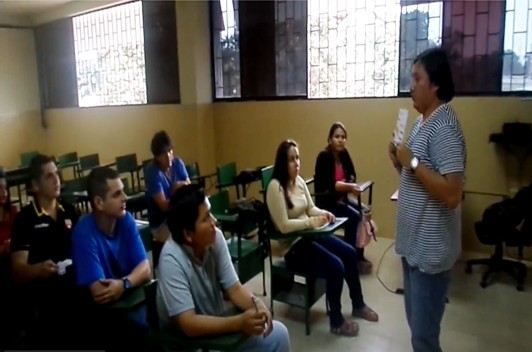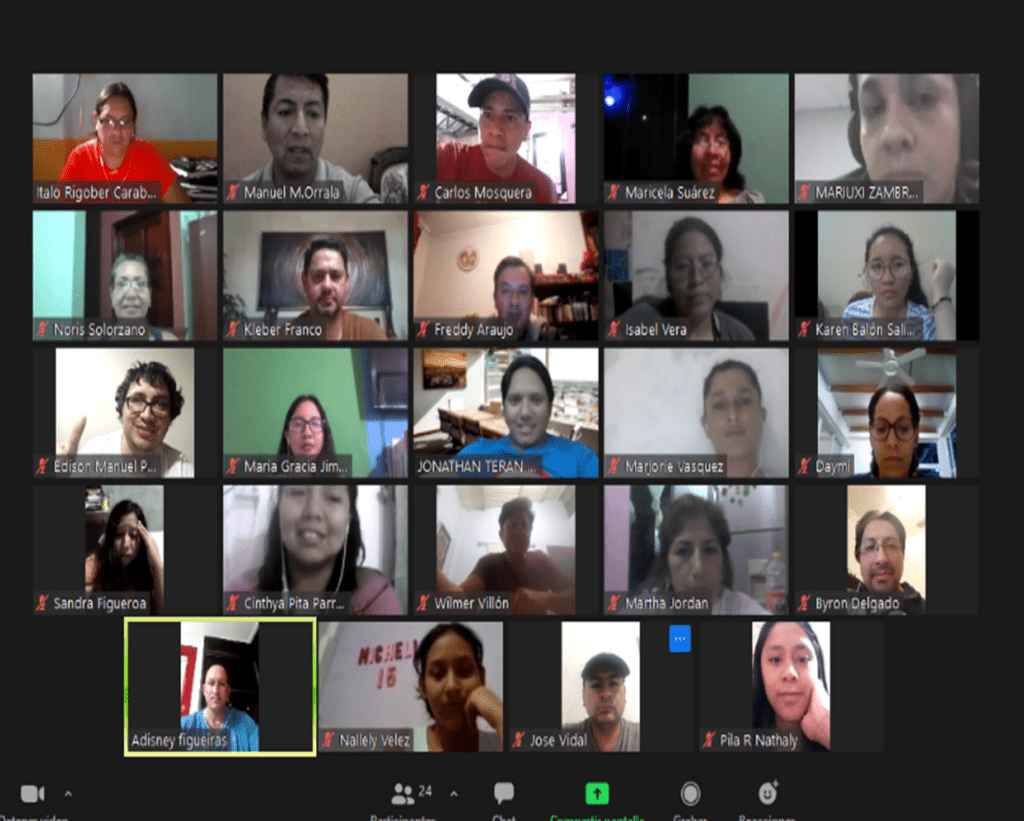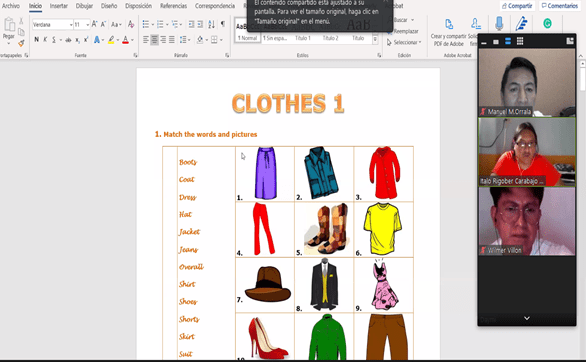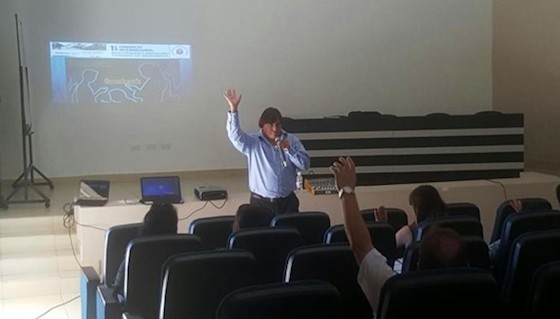A detour from the computer programming field led Bridge grad, Italo Carabajo Romero, into teaching linguistics to future English teachers at a state university in his home country. We interviewed him on EFL opportunities in Ecuador, his transition to online English teaching, and his other job authoring academic journal articles and books.
Hi Italo! Can you share a bit about yourself?
I’m from Ecuador. I studied computer programming at Guadalajara University in Mexico. I have been teaching English for about 10 years. I really like the English language. I have only taught English in Ecuador, although I would like to teach in other countries.
How did you get into the teaching field?
It was by accident. I was studying programming and my best friend invited me to study English. When I was in secondary school, English was not important for me—it was just a subject to study and pass.
In which part of Ecuador do you live and what’s it like there?
I live in a town called Milagro. It is a nice place. I really love it, regardless if some days are cold and others are really hot.
What are the job opportunities for EFL teachers who want to work in Ecuador?
Trying to work in Ecuador is easy because if an English teacher has a B2 level of English, the teacher can work in public institutions. On the other hand, if teachers want to work in universities, they need to get a master’s degree in the field.
Learn more about English language levels, according to a common scale called the CEFR.
What do you like most about teaching in Ecuador?
I think I like teaching here because I’m near my home. Nevertheless, I love teaching, which is the most important thing, and it doesn’t matter which city or country I am in.
How did you land a university teaching position? What was the application process like?
One of the requirements is to have a master’s degree in the field, which I do. Having a master’s is very beneficial because if you do not have one, you cannot work at the university level. Other factors are also considered, such as the journals and books the teacher has written.
Is a Master’s in TESOL worth it for you? Find out.
Can you tell us more about your teaching job?
I teach linguistics at Estatal Peninsula de Santa Elena University. My pupils study to be English teachers.

Italo teaching his linguistics students
What do you like to do when you’re not working?
I really like spending my time with my daughter and I continue writing journals or books.
How has the COVID-19 crisis affected you as an English teacher?
At first, it was difficult because I have been teaching English by going to my university and teaching students face-to-face. Changing to the online system was hard but step by step I learned how to work online.

Italo’s class using the Zoom platform
Has your university reopened yet?
The university where I work hasn’t reopened yet. The authorities have decided to continue working online.
You took Specialized courses in Teaching Young Learners and Teens. Why did you decide to take these courses?
I decided to take these courses because I wanted to learn more about how to work with teens. Meanwhile, although I do not work with very young learners, I think it can help if I want to teach abroad.
How did this Bridge training help you professionally?
It has helped me a lot because there is a subject called Teaching Adults and I learned some tips such as using songs, games, etc.

Italo teaching vocabulary to adults in an online class
What are your plans for the next weeks or months as the world deals with the global pandemic?
I’m going to continue working on my projects. For example, I have written an article called “The Impact of COVID-19 from Face-to-face to Online Learning.” It was presented in Spain last year online, and authorities invited me to write a chapter of a book from my speech.
Additionally, I would like to write a book that can help people learn the language.
Do you have any advice for English teachers who want to work in Ecuador?
If you want to work in Ecuador in public institutions (primary and secondary schools) you need to have a degree in the field and at least a B2 English level. It is not necessary for you to have a master’s degree.







